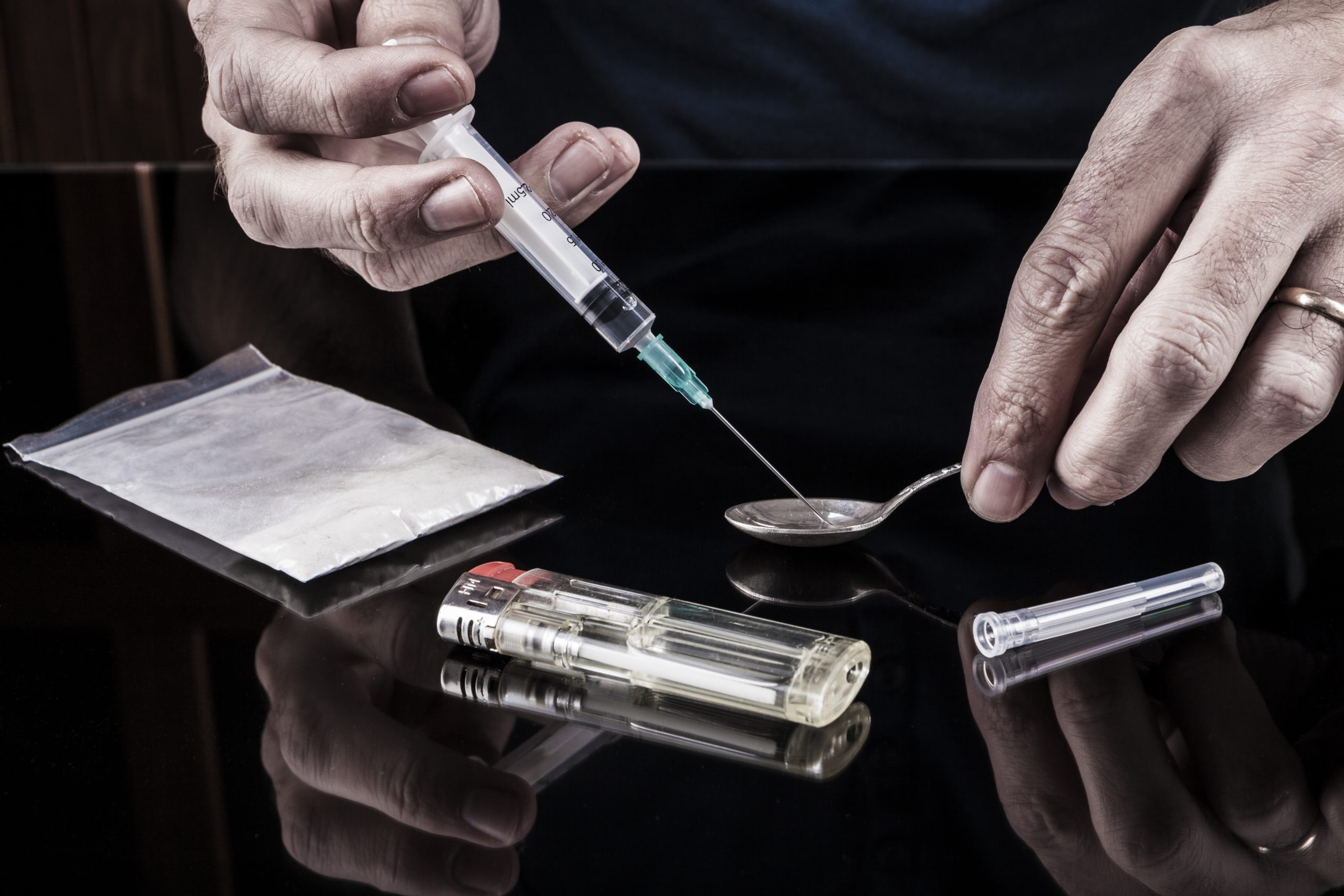Common Substance Overdose Signs
Both legal prescription medications and illegal drugs can lead to an overdose. The majority of these substances fall into three categories: stimulants or “uppers,” narcotics or “downers,” and alcohol. The symptoms of overdose can vary depending on the substances taken. Here are some of the most common overdose signs to watch out for in each category.Stimulant Overdose
Stimulants like ADHD medications, cocaine, and methamphetamines (meth) make your body run on overdrive. They increase heart rate, give you more energy, and elicit feelings of power or euphoria. Here are a few signs that someone on stimulants might exhibit:- Hallucinations or confusion
- Agitated or erratic behavior
- Paranoia or anxiety
- Hot, flushed, sweaty skin
- Rapid breathing and heart rate
- Seizures or convulsions
Narcotic Overdose
Of the nearly 70,000 people who died from a drug overdose in 2018, 70% used opioid narcotics. These drugs include prescription painkillers, heroin, oxycodone, codeine, and fentanyl. Opioids slow the body down, leading to symptoms like:- Slow, shallow breathing and heart rate
- Exhaustion and lethargy
- Hallucinations
- Blue or gray skin
- Pinpoint pupils
- Unconsciousness or coma
Alcohol Overdose
Alcohol overdoses are common after a night of binge drinking or partying. The signs of an overdose include:- Getting “blackout” drunk
- Slurred, incomprehensible speech
- Extreme confusion
- Vomiting
- Seizures
- Unconsciousness
Overdoses on Other Substances
Sometimes an overdose occurs when people mix a cocktail of drugs and alcohol or when they take other types of drugs, such as hallucinogens. Their symptoms might not fall neatly into one of the above categories, so watch out for these signs as well:- Stomach upset and vomiting
- Chest pain or tightness
- Confusion and disorganized speech
- Severe headache
- Loss of consciousness
